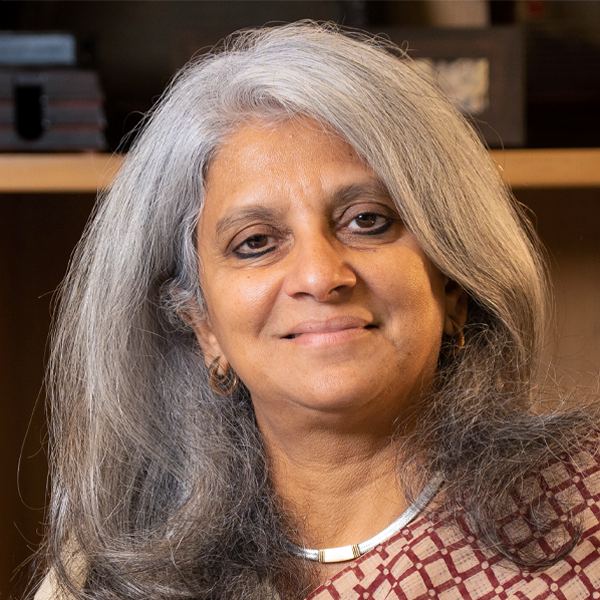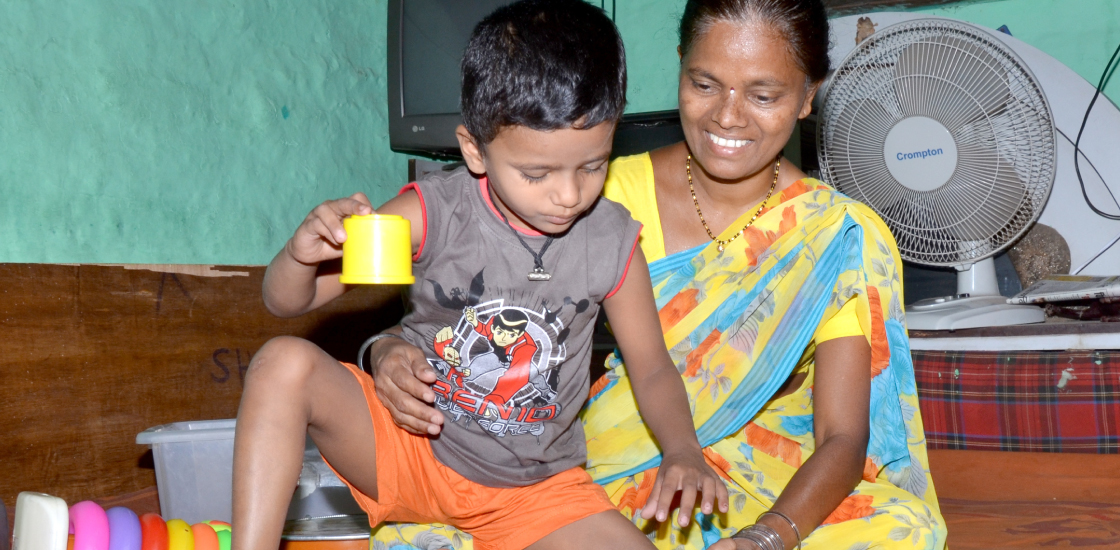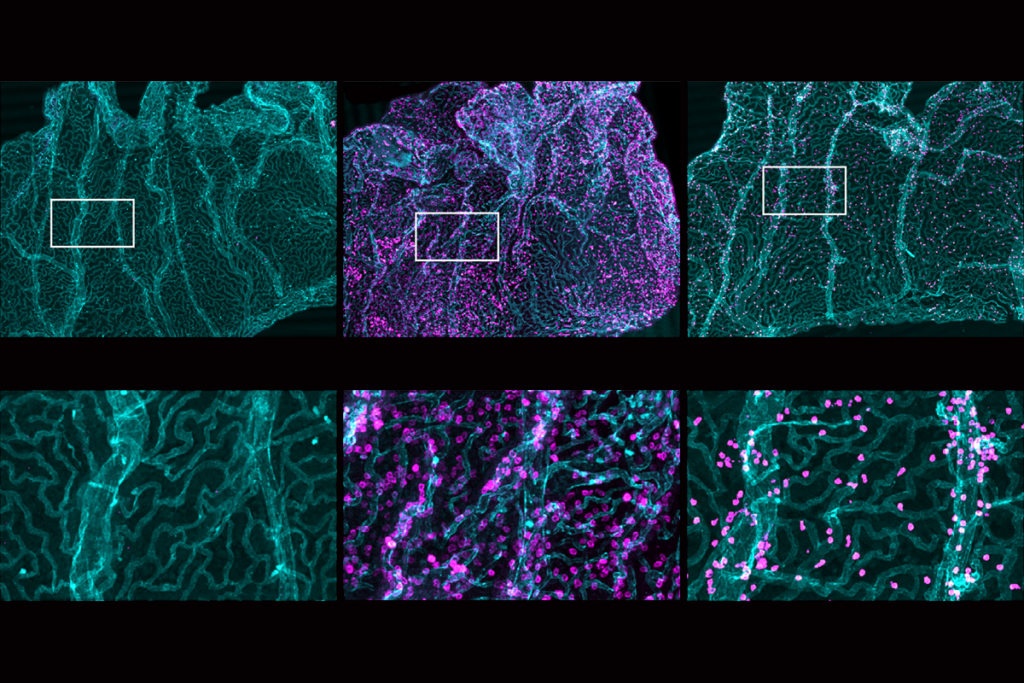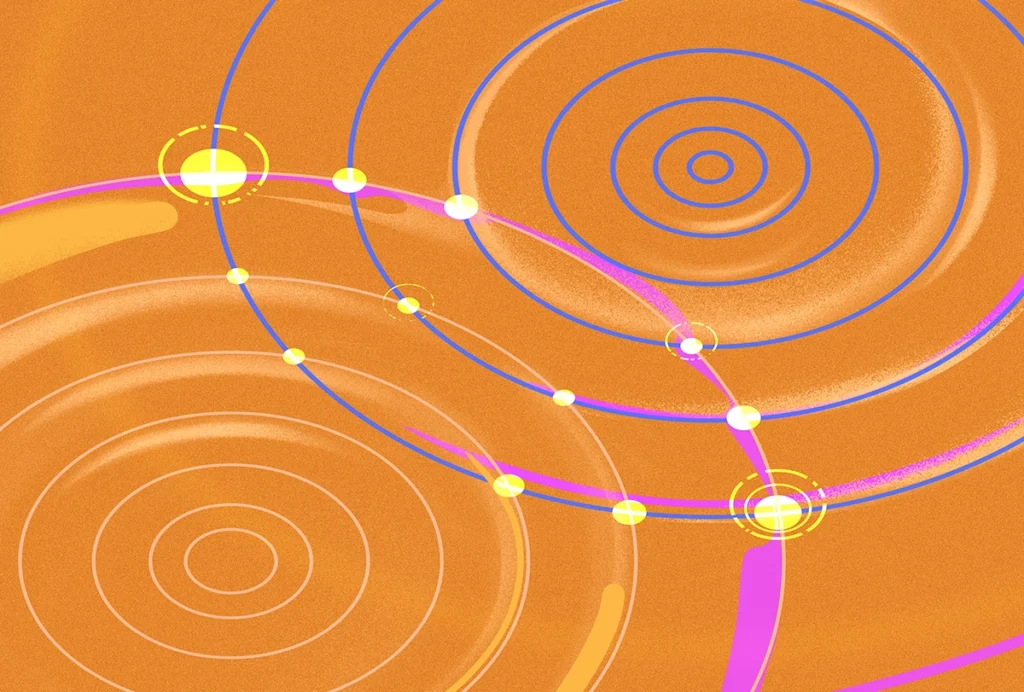Gauri Divan is director of the Child Development Group at Sangath, a nonprofit organization in Goa, India. As a pediatrician, she works in the areas of early child development, developmental disabilities and adolescent health.
Sangath aims to develop and evaluate innovative packages of care across the life course that can be delivered through non-specialist health workers. One of these packages that Divan has been evaluating is the Parent-mediated Autism Social Communication intervention for Non-Specialist Plus (PASS Plus), which has been adapted and expanded from the Pre-school Autism Communication Therapy (PACT) program. PASS Plus uses video feedback with parents so that they can adapt their communication behaviors to match their autistic child’s communication needs. This intervention was showcased at the World Innovation Summit for Health 2016 in Qatar.
Divan also works with her colleagues at Sangath to develop and evaluate digital tools to assess biomarkers of neurodiversity that can support early detection and pathways to appropriate interventions. She co-leads a U.K. National Institute for Health and Care Research grant (2022-2027) that is implementing a detection care pathway for neurodiverse children in four districts in India, Sri Lanka and Nepal. Another intervention, “Lalan Palan,” which is delivered by frontline child-care workers, uses facilitated video viewing to deliver universal messages around care in pregnancy, adequate nutrition and responsive playful parenting to support optimal development in the first 1,000 days of life.
Divan has been in the technical resource group of the Rashtriya Bal Swasthya Karyakram, a Government of India initiative aimed at early identification and early interventions, while also serving on the task force to develop a national strategy on autism with India’s Ministry of Health and Family Welfare. She was made a fellow of the International Society for Autism Research in 2024.



